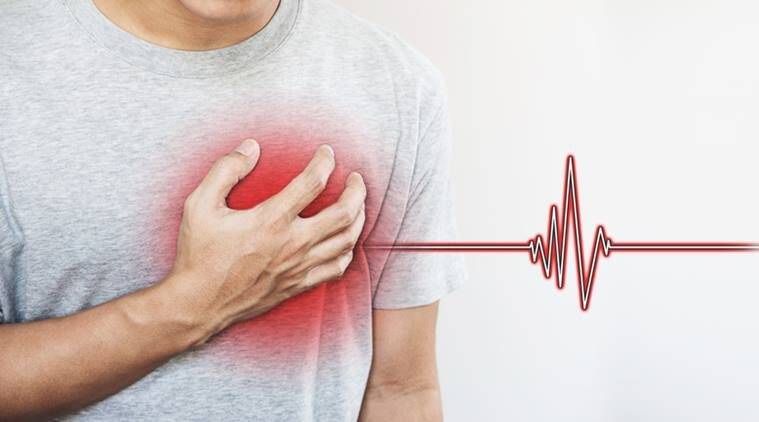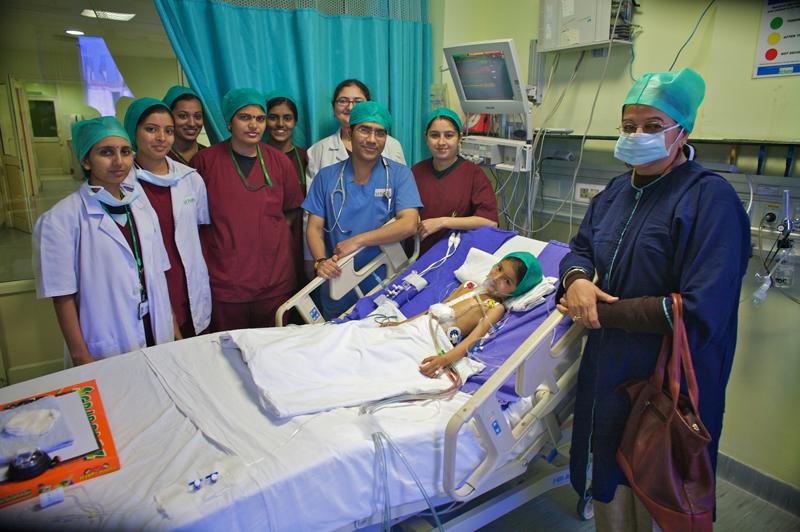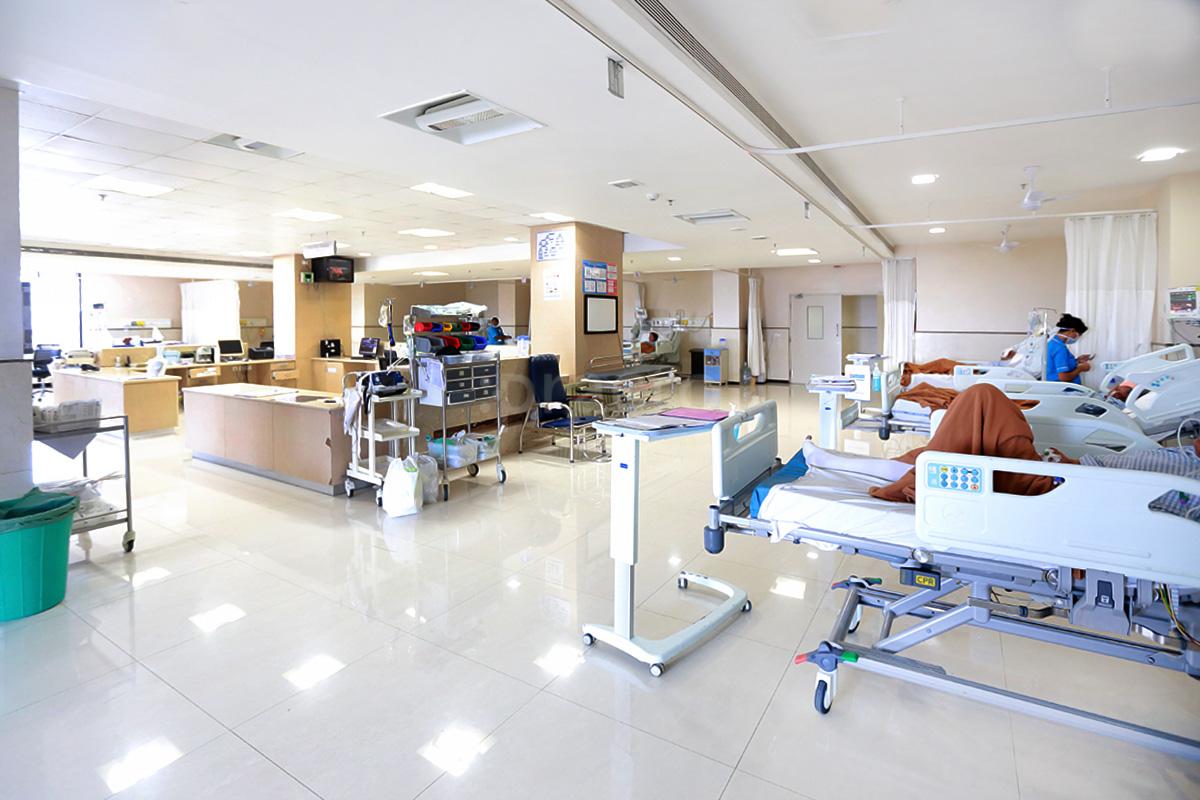An AIIMS senior cardiologist recently spoke about the experience of a young woman who experienced a heart attack while cycling to work. She was having severe chest discomfort when an ambulance arrived and transmitted an ECG to the control room. Within minutes, the senior cardiologist confirmed the diagnosis, and first responders administered preliminary drugs and clot buster therapy. The woman survived the incident, and has remained in stable condition.
Also Read: Things to Expect at the AIIMS Hospital
Management of ST-segment
ST-segment heart attack is an acute coronary syndrome, with a sudden reduction in coronary blood flow and/or plaque rupture. The location, severity, and duration of myocardial ischaemia determine the clinical presentation. There is persistent thrombosis, but only a small proportion of ST-segment thrombosis is fatal. The majority of fatal coronary thrombi result from the rupture of a vulnerable plaque. Another third to half of all fatal thrombi occur as the result of plaque erosion.
In patients with thrombolysis, rescue PCI is appropriate. Rescue PCI is appropriate if fibrinolysis has failed and the patient is in shock or has severe CHF, pulmonary edema, or hemodynamically compromised ventricular arrhythmias. Rescue PCI is reasonable when ST-segment elevation persists or has not resolved 90 minutes after fibrinolytic therapy. Repeat testing of the ECG or clinical assessments is necessary to detect if the infarction is evolving.
Clot busters
In April 2018, the AIIMS and Indian Council of Medical Research announced a pilot project that could soon lead to the development of heart attack clot busters. The treatment can help curb damage to heart tissue and restore blood flow in the first few hours following a heart attack. The longer patients are without treatment, the more serious the heart damage becomes. But doctors are hopeful. With clot busters in their arsenal, a full recovery is possible for many patients.
The treatment was given to the patient in New Delhi within ten minutes. The ambulance was spotted at the patient’s house and two paramedics arrived on motorcycles, laden with cardiac diagnostic equipment and drugs. Within 10 minutes, the ambulance arrived at the patient’s home. In a rare instance of success, the treatment reduced the likelihood of death or disability. A patient’s condition is closely monitored by a team of cardiologists at AIIMS and other hospitals.
Motorcycle ambulances
A joint initiative between AIIMS and the Indian Council of Medical Research (ICMR) has launched an emergency mobile medical service for the heart attack victim in New Delhi. The team of trained paramedic nurses and motorcycle ambulances is known as Mission DELHI and has successfully treated 44 heart attack patients so far. They aim to reach the patient quickly and offer the best possible care. ICMR Director General Professor Balram Bhargava said that the initiative was a great success and has resulted in a rapid increase in emergency treatment of heart attacks.
The service is available at several locations across Delhi and will have a 24 hour response time. The bike ambulances will reach the patient in a few minutes, as they can navigate narrow streets and congested areas. In addition, the doctors at the AIIMS control center will monitor the patient’s condition, interpreting data from the nurses. The aim of the service is to respond within 10 minutes of a heart attack in urban areas.
Stress and mental health
The relationship between stress and heart attack is not completely understood yet. Although depression and heart disease are related, anxiety is also linked with cardiovascular diseases. According to Aiims doctor, Una D. McCann, people who have undergone a heart attack might be anxious about their new lives. They may find it difficult to do the things they once enjoyed or avoid places associated with their heart attacks. In addition, recurring anxious thoughts could affect their sleep. These negative thoughts can lead to a drastically altered outlook on life.
Prevention of heart attack
Dr. Rajnath Singh, a former PM of India, has undergone several operations and procedures, including coronary artery bypass surgery. The doctor has continued to visit AIIMS on and off throughout his tenure as prime minister. Last year, he underwent cataract surgery in his right eye. He has also undergone surgery for benign enlarged prostate and nerve compression of both wrists. He believes that a healthy lifestyle and exercise are key to preventing heart attacks.
In a recent study, Aiims doctors found that the administration of therapy in a home setting can reduce the severity of a heart attack and its disability. The researchers have also conducted clinical trials in countries where doorstep treatment of heart attacks is common, including the United States. They concluded that this approach may reduce disability in the elderly, as it is proven effective in other developed countries. The study continues to assess the effectiveness of the treatment.


















